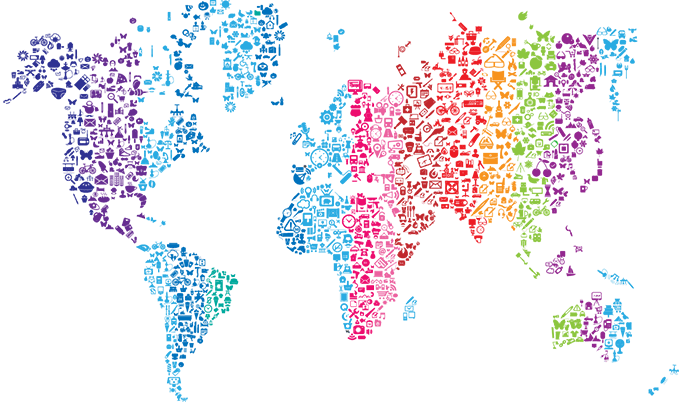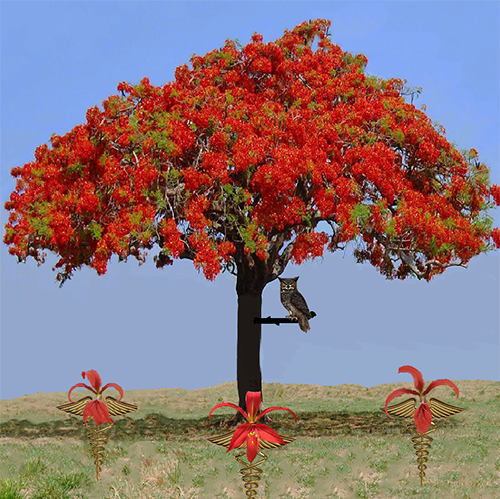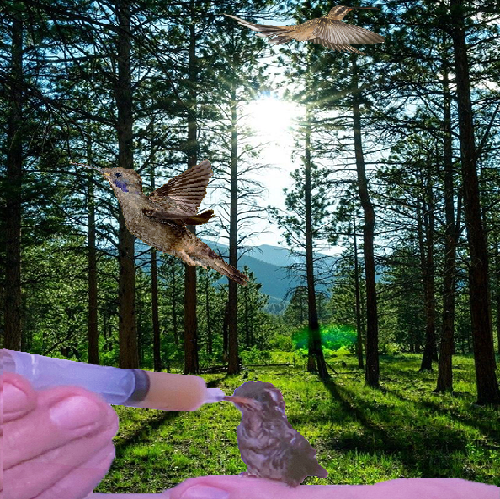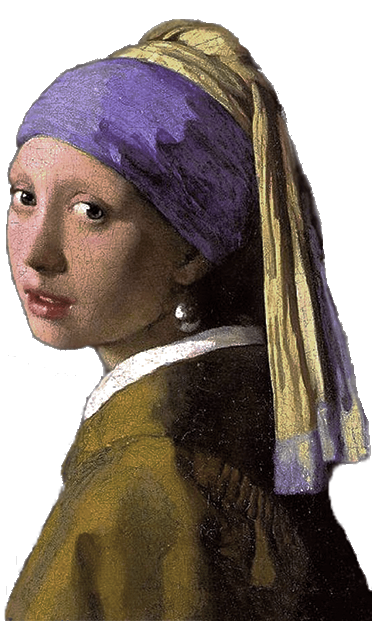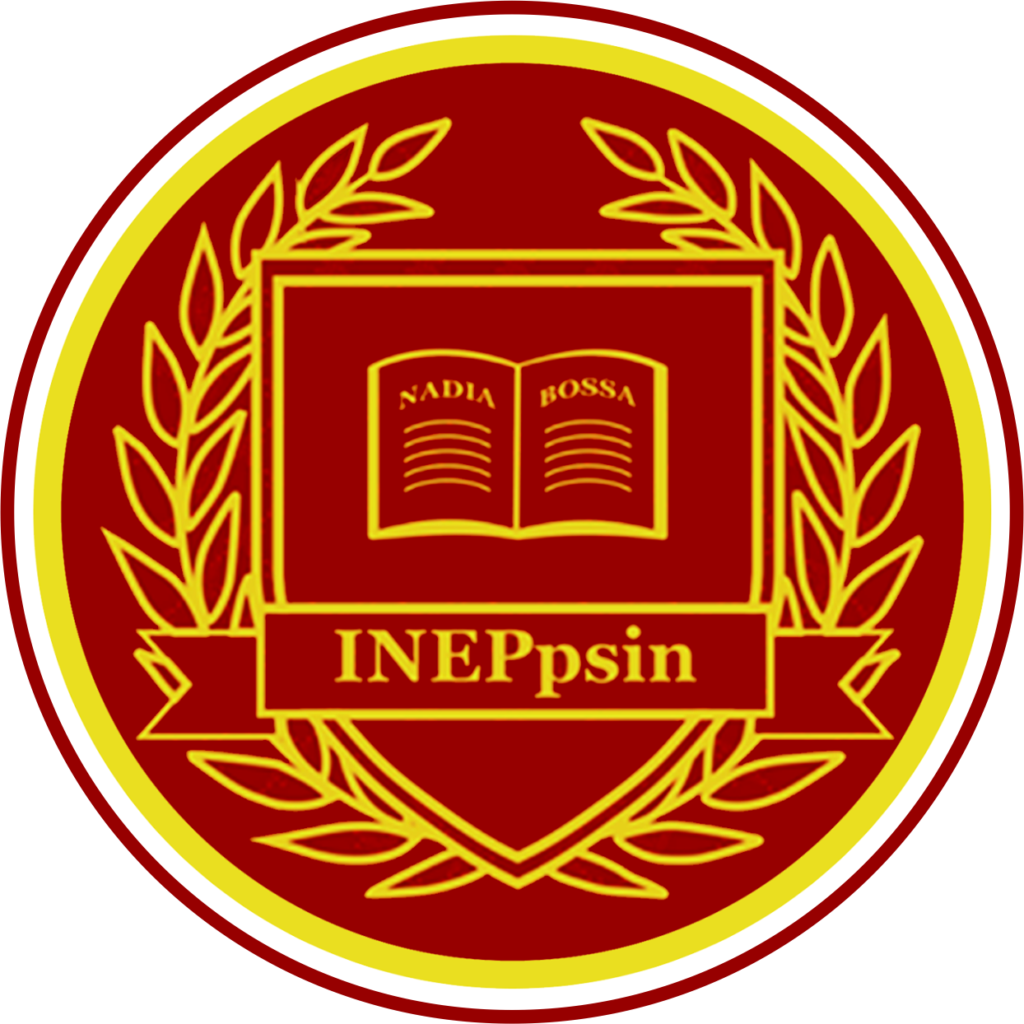

Welcome
You’ve chosen the best formation environment in the learning field, your own learning and the learning of those who will go through your life.
Our undergraduate, graduate, and continued formation resources are the results of innumerable tireless scholars’ incessant efforts, who see educational formation and knowledge as the biggest treasures to be acquired throughout one’s life.
For us from INEPPSIN, formation is a synonym of building virtues, and knowledge is the light that lightens the world. To accomplish this mission we’ve created methodologies that integrate the real world with the virtual world. We are not merely a higher education institution like any other.
We are INEPPSIN – INTERNATIONAL INSTITUTE OF EDUCATION AND RESEARCHING IN NEUROSCIENCE AND PSYCHOPEDAGOGY, we are here to make a difference. Be sure that INEPPSIN will make a difference in your life and YOU will make a difference in history.
Virtual learning environment (AVA)
- Enable critical positioning;
- Propose problems and questions, as starting points to begin debates;
- Define a problem’s relevance by its capacity to propitiate knowing how to think, avoiding to use old formulas;
- Induce a need to search for information;
- Stimulate the mental operation of knowledge;
- Stimulate argumentation and counter-argumentation defending of points of view;
- Demystify mistakes, triggering the concern with the provisionality of knowledge and the need to formulate more solid arguments;
- Face knowledge as a process, knowing that knowledge must be reviewed, overcome, and transformed into a new and better knowledge;
- Stimulate the searching for knowledge in an autonomous way, the development of proficiency and skills required in their full social place.
Girl with a perl
earring (1665)
Johannes Vermeer


